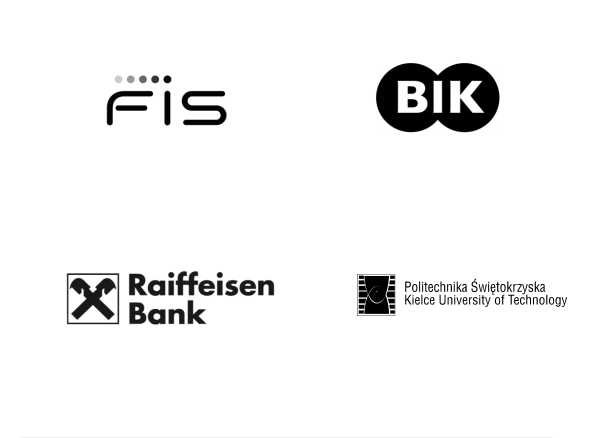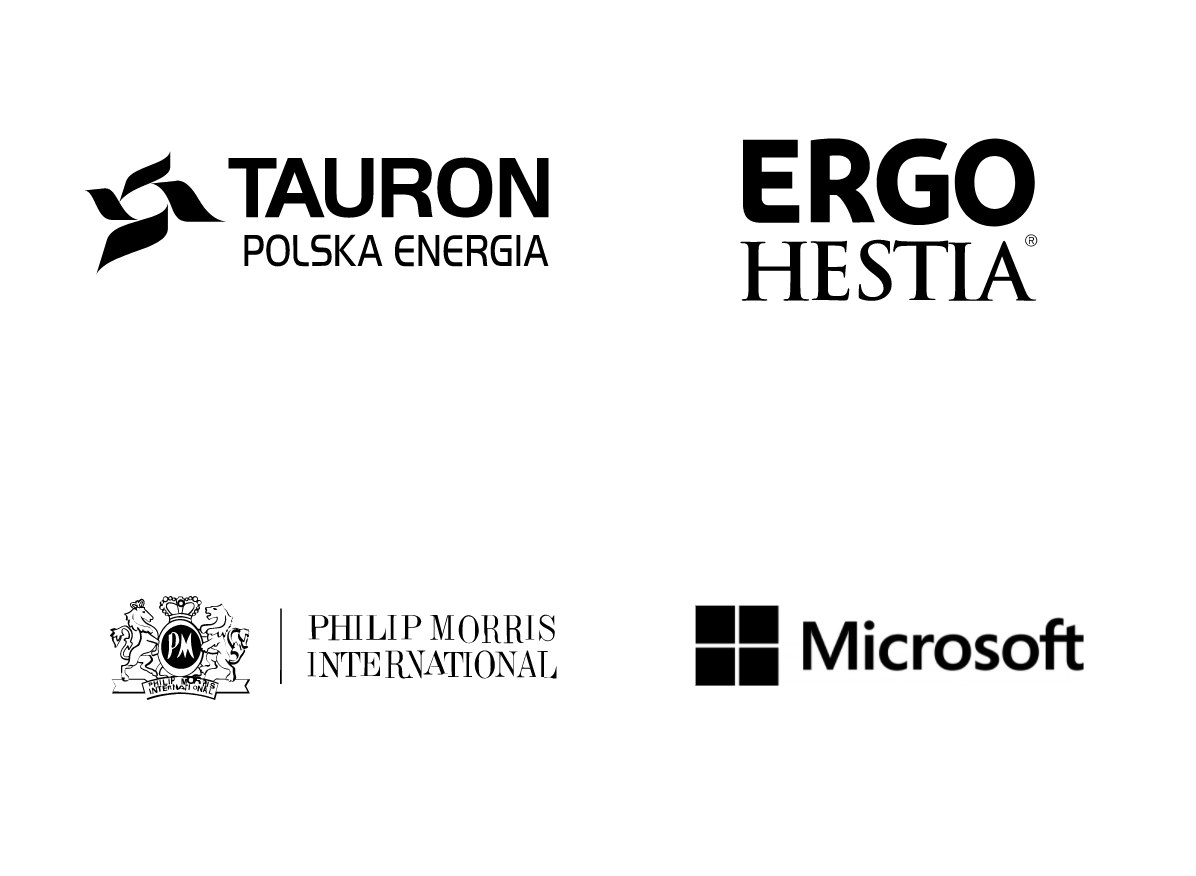Billon Unified Blockchain
A high-performance, regulatory-compliant blockchain for on-chain document and data exchange, asset tokenization, and digital cash secured by user controlled sovereign identity.
BILLON AMONG TOP 3 COMPANIES FOR EBSI
Billon, together with EBSI and the European Commission, to revolutionize cross-border public services in Europe
The European Blockchain Services Infrastructure (EBSI) together with the EU Commission aims to deliver cross border public services, a foundation for an Enterprise Web 3.0. Billon will conduct the pre-commercial procurement process.It is planned for two use cases: Intellectual Property Tokenization and Product Lifecycle Management (Digital Product Passport).
OUR MISSION
Billon unleashes the transformational capabilities of blockchain in the regulated world.
And...to do so, we re-engineered the underlying protocol to be low-cost, high-performance, and regulatory compliant - all while being an open network.
We believe that consumers and companies demand the ability to transact in national currencies they trust and to have their assets, data and identities protected.
Billon's Unified Enterprise DLT System is ready to power solutions serving regulated markets - the economy thousands times bigger than crypto.
OUR CAPABILITIES
Driving Innovation: Three Categories of Use Cases supported by Billon's underlying protocol:
TRUSTED
DOCUMENT & DATA
For documents, blockchain plays multiple roles. It can either secure an immutable high-value document for a long-time, or enable the sharing of documents from multiple entities, or capture the attestation and validation of documents, linked to a traceable identity.
DIGITAL
CASH
Regulated digital cash is national currency transformed into e-money assets using a new form of DLT technology. It is explicitly designed to meet the performance and regulatory needs of “true cash” national currency and enables a range of peer-to-peer and low-cost account management use cases.
REAL ASSET
TOKENIZATION
Ownership of non-cash real world assets is proven today by documents which are easy to forge. Securing assets with Non-Fungible Tokens (NFTs) and linking these to a verified identity for real-world marketplaces offers an innovative solution to this problem.
THE UNDERLYING BLOCKCHAIN
At Billon we discovered that by challenging ourselves to build a layer 1 protocol to be simultaneously regulatory compliant, higher performance and low cost, we achieved what might be the most distributed architecture in the market.
Billon's protocol levers the computing power and capabilities of nodes which can be small enough to fit on a mobile device, creating the capability to have a more scalable architecture. In contrast, many of the early architectures used for cryptocurrency need to address regulatory and scalability challenges through expensive and proprietary off-chain systems. Our protocol is an open network, with the robust functionality required by regulated entities.
OUR UNIQUE ARCHITECTURE
Scalable Architecture
User Centric Identity Ownership
Governance Within Protocol

